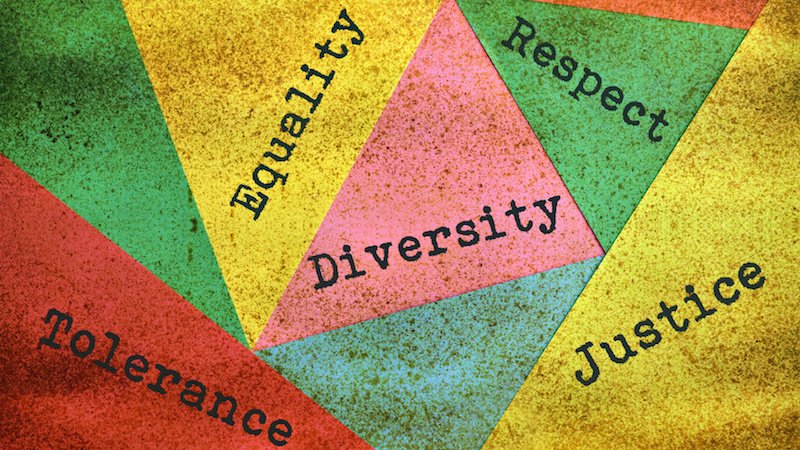Controversial BSB rule dropped after backlash

The Bar Standards Board (BSB) has abandoned plans to a new rule that would impact a positive duty on to “act in a way that advances equality, diversity, and inclusion”.
The bar regulator conducted a public consultation last year which sought views on proposals to address the barriers to equality of opportunity within the profession.
Much of the feedback centred on the proposed amendment to Core Duty 8, which would change it from a clear duty not to discriminate to a duty to advance or promote equality, diversity, and inclusion (EDI).
The Bar Council strongly opposed the move at the time, arguing that its lack of clarity would make it difficult to enforce and could ultimately undermine commitment to EDI initiatives
Under the existing rules, barristers are required not to “discriminate unlawfully against any person”.
In a statement yesterday, the BSB said it “recognises how important this consultation has been and has considered a range of different options, including changes to the rules and how we use our full regulatory toolkit”.
The regulator went on to confirm that it will “not be moving forward at this time with the proposals” and will instead focus on measuring progress towards outcomes and working with stakeholders to support the bar in advancing diversity and inclusion.
Mark Neale, director general of the BSB, said:
“The challenge here is a practical one, not an ideological one: to ensure that merit, not background, determines success at the bar. Despite progress, there is still unequal opportunity to join and progress at the bar for female barristers, barristers from minoritised backgrounds and disabled barristers. At root, this requires a change of culture. Such a change requires the support and active collaboration of the profession. We are committed to working constructively to make progress in areas like this where we have shared objectives.”
The decision to abandon the new rule was welcomed by the Bar Council chair Barbara Mills KC.
“The proposals were not only impractical to implement, but they would also have been open to costly legal challenge that would hinder progress on EDI initiatives,” she said. “We therefore welcome the BSB’s reflection on our concerns and the decision not to change but to maintain the current core duty — a clear and definitive duty not to discriminate. This is the right decision, and we’re pleased that the BSB has genuinely listened to feedback from the bar.”

